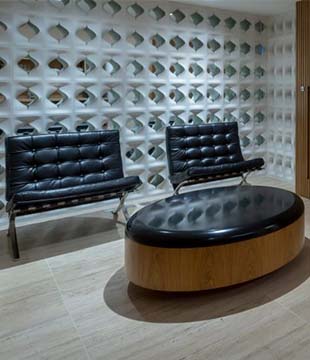Anti-Corruption and Criminal Compliance Legislation
Criminal Organization Laws (Law 12.850/2013) and Anti-Corruption (Law 12.846/2013) introduced plea deals and leniency agreements into the Brazilian legal system, changing the criminal procedural dynamics that had been in force in the country until then.
The widespread adoption of cooperation devices has streamlined criminal investigations, since it allowed law enforcement authorities to detect and investigate infractions faster than it used to be possible using traditional investigative methods. If, on the one hand, individuals and companies find another defense strategy, on the other hand police operations are increasingly carried out not only at corporate headquarters but also at the homes of their executives and employees, creating possibly irreparable short-term risks. Thus, the innovations brought by the anti-corruption law in 2013 have significantly changed how the criminal lawyer works, who now has to design preventive and risk reduction strategies.
The anti-corruption law has also given rise to compliance programs, which have now increased in legal relevance in Brazil. Car Wash Operation has engendered a movement towards the implementation or improvement of corporate compliance structures in Brazil, which range from the design of internal control and risk management structures, as well as corporate policies and procedures.
Our firm has wide experience in providing legal counseling to companies and individuals in matters related to the Brazilian anti-corruption law and criminal compliance, having worked in several cases with nationwide repercussions.





